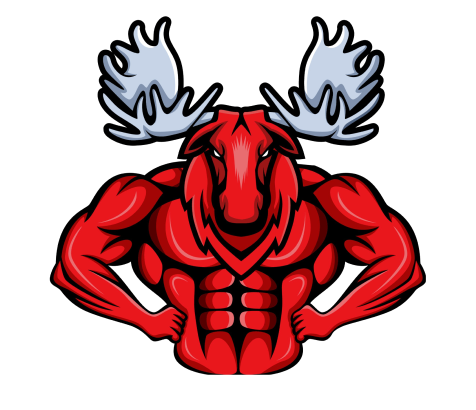I didn’t start out lifting atlas stones or deadlifting half a ton. Just a few years back, I was a marathon runner. But in four years, I made the leap from long-distance to World's Strongest Man.
It wasn’t magic. It wasn’t genetics. It came down to three rules I lived by—ones I still follow today. I wanted to share them with you, because they changed everything for me.
Rule #1: Train Your Nervous System, Not Just Your Muscles
When I started lifting, I thought strength came from muscle. But real strength? It’s a skill. It’s about how well your brain talks to your body—your motor units firing in sync, your movements becoming second nature. The better that connection, the stronger you become—without gaining weight.
But to do that, you’ve got to protect your nervous system. Here’s how I did it:
- Prioritized sleep like it was my next PR
- Cleaned up my nutrition with an 80/20 rule
- Managed stress like it was another lift in my training plan
- If you’re constantly fried, moody, losing muscle, gaining fat, or struggling with sleep—you’re likely burning out your nervous system. Recovery isn’t optional. It’s the game-changer.
Rule #2: Avoid Injuries at All Costs
Nothing derails progress like getting hurt. And trust me, it’s almost never your technique—it’s your programming.
I used to believe a bad squat angle or a loose lat was the culprit. But the truth? Injuries usually come from poor load management and lack of periodization. Your program needs to shift between strength, power, hypertrophy, endurance, and aerobic capacity. Hit one too hard for too long? You’re asking for burnout or worse.
I take a deload week every 6 weeks, even when I feel good. Your muscles recover fast—but your tendons and ligaments? Not so much. Think of them like sponges. They need time, pressure changes, and patience.
Rule #3: Love the Process More Than the Results
I know it sounds cliché—but it’s true. Social media will have you chasing numbers, personal bests, and made-up world records. But strength is a long game. It took me ten years of lifting before I ever stepped into a strongman arena.
So here’s the truth:
You don’t need to be great today. You just need to be good every day.
Build habits. Stick to them. Take lighter weeks when life hits hard. Train even when motivation is low. The goal is consistency—not perfection.
